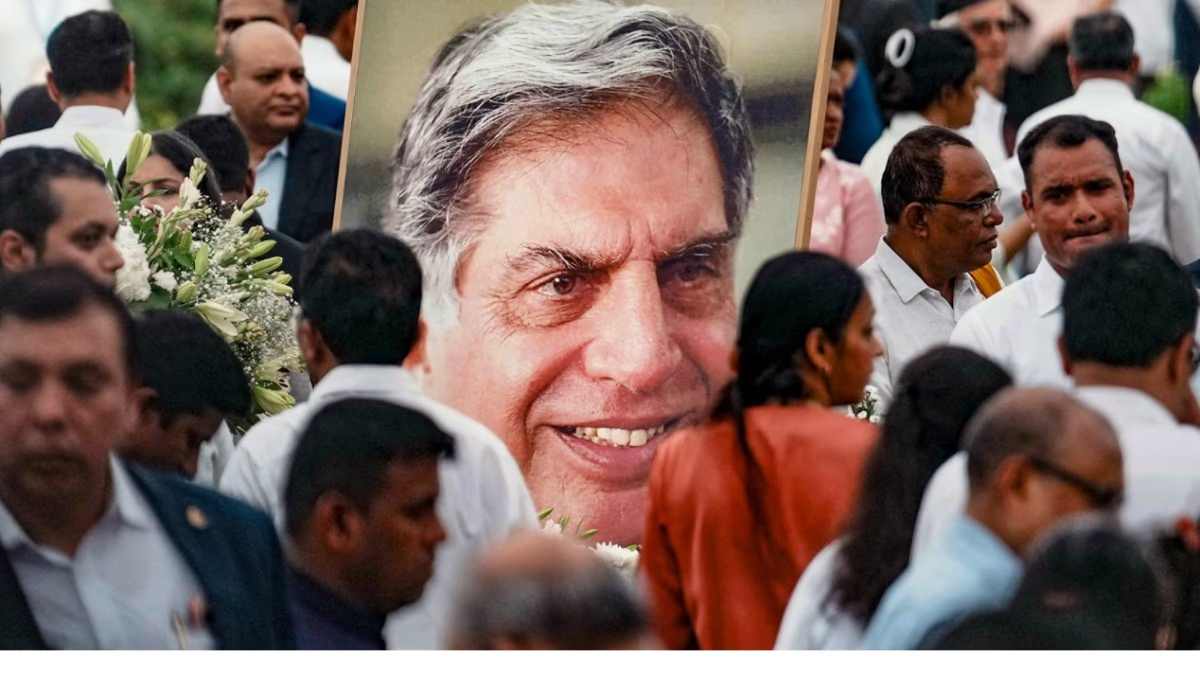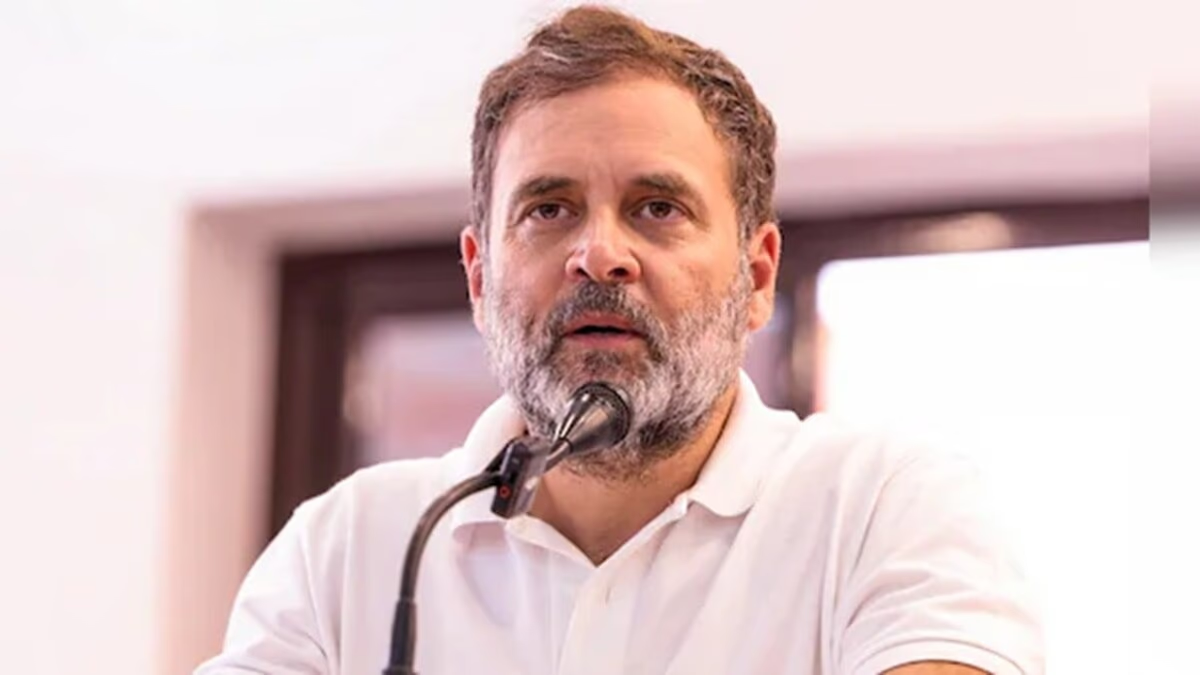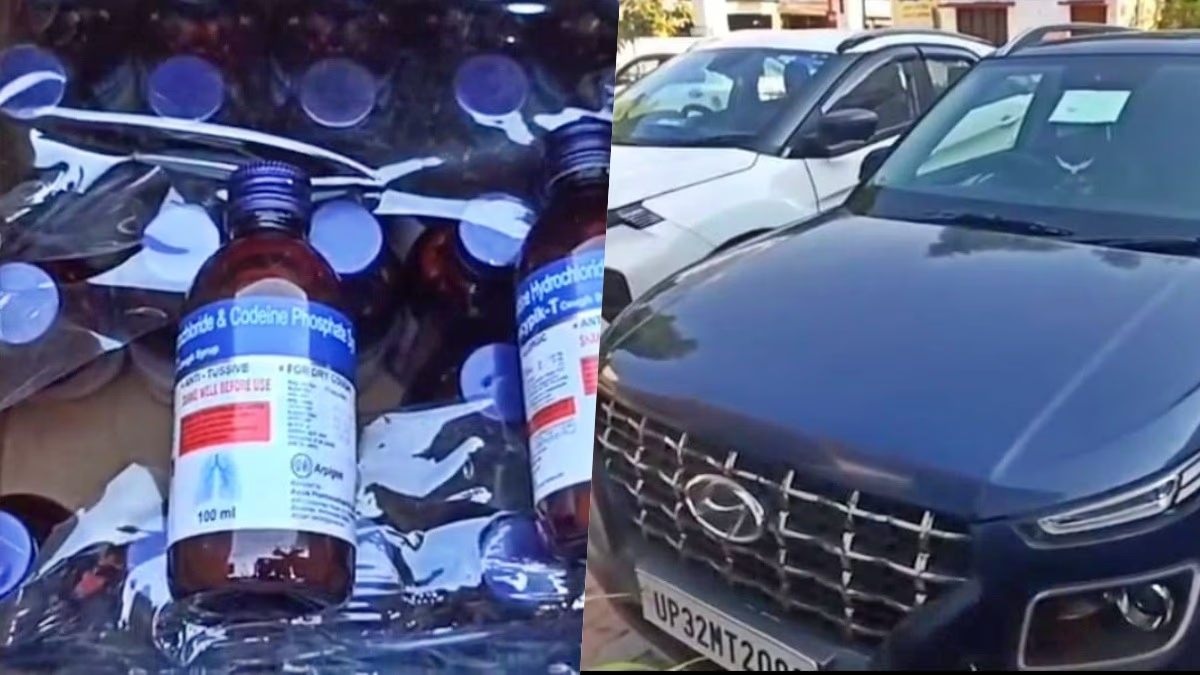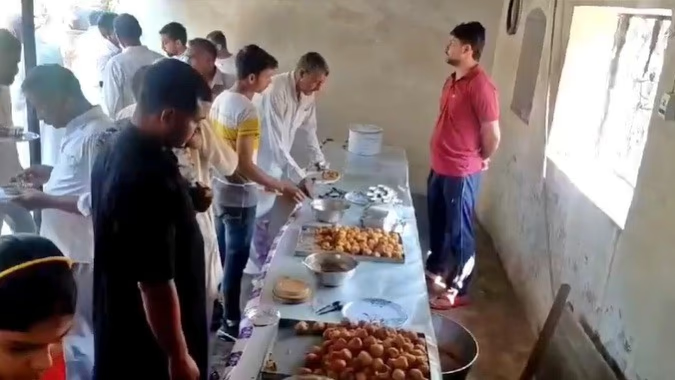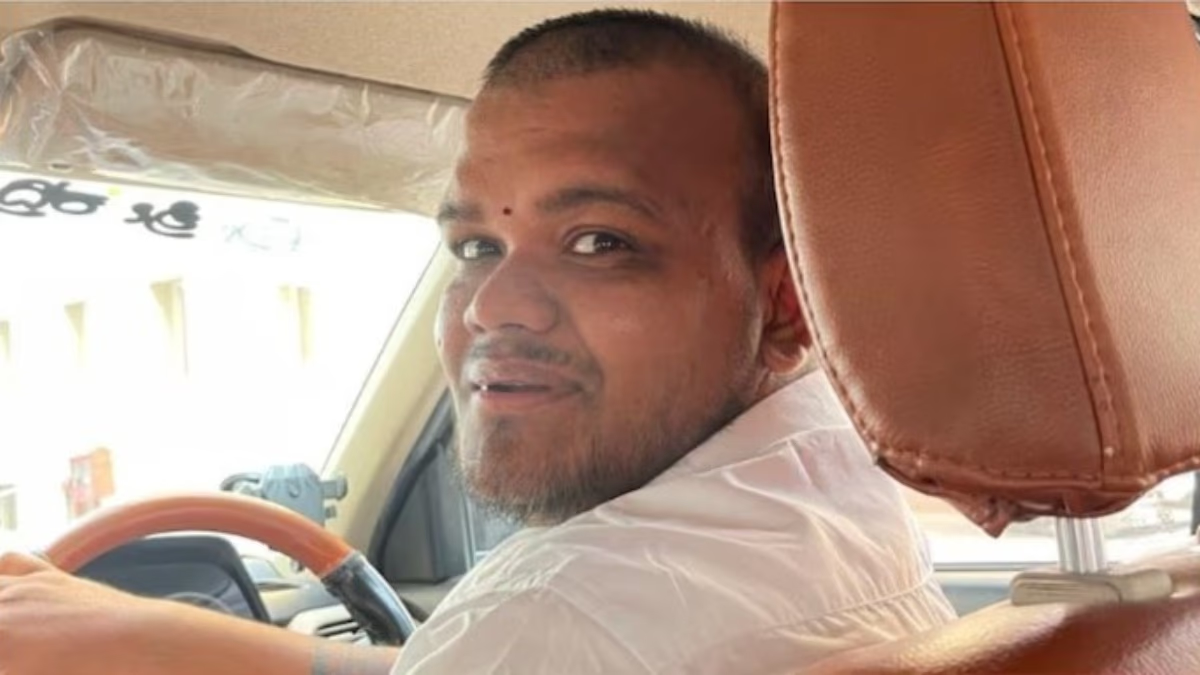When a person is born, they have breath but no name. When they die, they have a name but no breath. This journey is called life. Ratan Tata completed this journey and bid adieu forever. Once, he remarked that humans are like a mobile recharge, expiring after validity. But if he watched us now, the entire nation would declare his validity eternal. Ratan Tata will live on in millions of hearts, unforgettable. On Thursday, Ratan Tata's body, wrapped in the nation's tricolor, arrived at Mumbai's Nariman Point National Centre for a state farewell. Leaders, industrialists, celebrities, and common folk all paid their respects.
The cremation took place at the Worli Crematorium. Ratan Tata's loyal PET DOG sat steadfastly, silently grieving by the side of his master's body. The scene bore testimony to their unbreakable bond.
Ratan Tata's body was driven to the crematorium by a car led by a 31-year-old youth on a bike, none other than his personal assistant, Shantanu Naidu. Despite being 86, Tata never married but shared a profound connection with Naidu.
The Parsi Ritual of Final Rites
As a Parsi, Ratan Tata's funeral adhered to a unique tradition called Dokhma, or Tower of Silence, leaving the body to the sky. However, due to decreasing vulture populations, Parsi funerals now have three forms.
Why Wasn't The Parsi Tradition Followed?
In 2018, 720 Parsi deaths were counted in Mumbai, with 647 following Dokhma rites, yet Ratan Tata received cremation like Hindus. This shift sparked curiosity since India's dwindling vultures altered the Parsi approach to final rites.
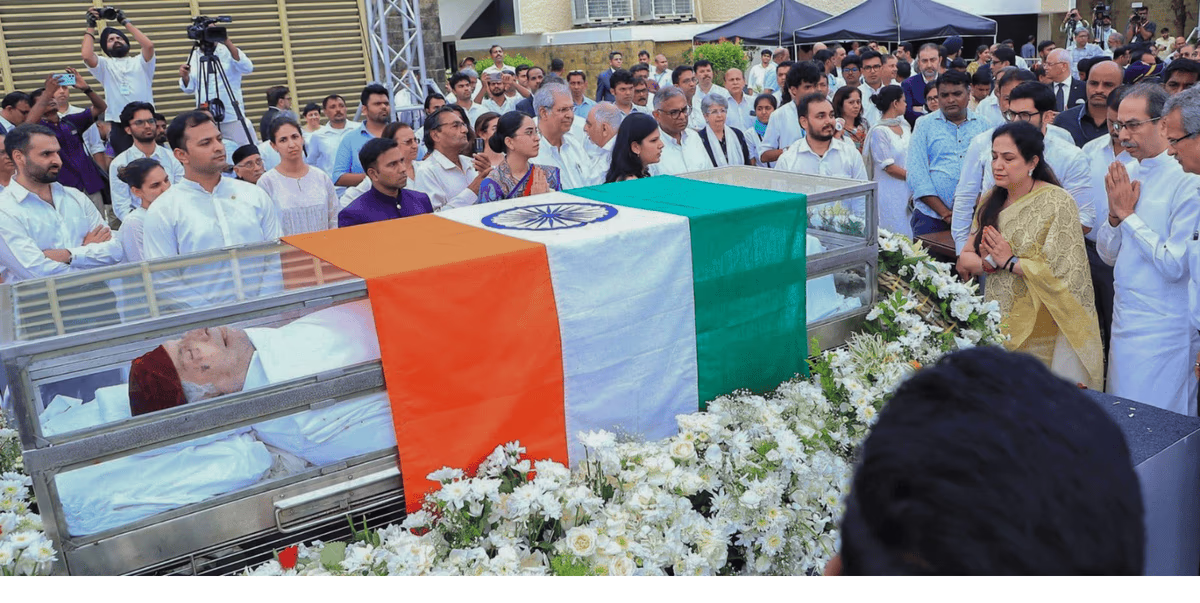
Source: aajtak
First-
The Parsi Graveyard Ritual known as Dokhma involves vultures consuming the body, completing the last rites.
Second-
Alternatively, Parsi bodies are buried, like former Tata Group Chairman JRD Tata, laid to rest in France with family.
Third-
Cremation, chosen for Ratan Tata, mirrors the Hindu style used for figures like Feroze Gandhi. Despite his Parsi roots, his body underwent Hindu cremation, later dispersing ashes across multiple sites.
Successor After JRD Tata
The founder of the Tata Group, Jamsetji Tata, had two sons, Dorabji Tata and Ratanji Tata. Upon Ratanji's early death, his wife adopted Naval Tata from a Parsi orphanage. Naval later fathered Ratan Naval Tata, who captivated millions. Rising due to talent, he succeeded JRD Tata, leading the group for 21 eventful years, until retiring as Honorary Chairman in 2012.
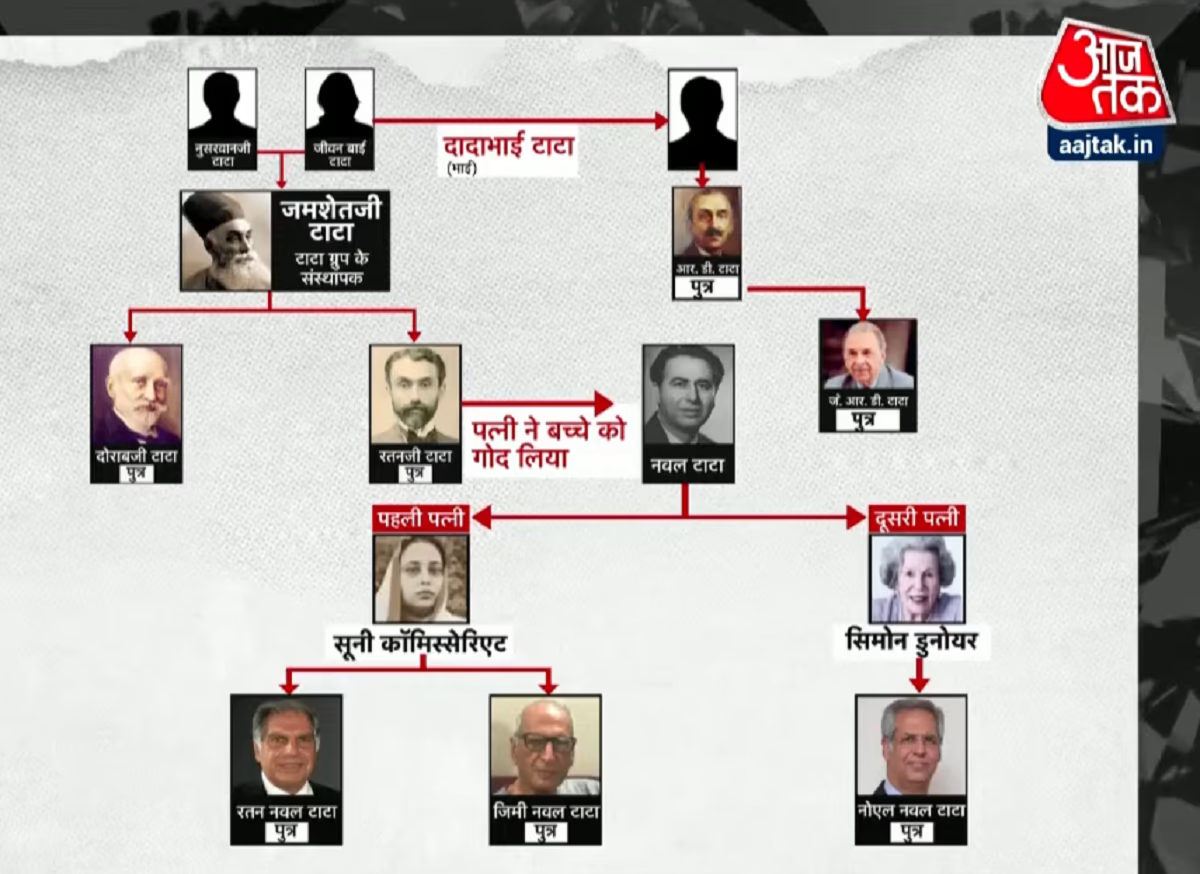
Source: aajtak
Preferred Walking Over a Rolls Royce
Known for humility, Ratan Tata valued honesty, discipline, and simplicity. 'Keep money in the pocket, not the mind,' he advised—life's biggest asset being simplicity. After his parents' divorce at age 10, his grandmother Nawazbai Tata raised him. Preferring humility, young Ratan often bypassed their Rolls Royce, opting instead to walk home like his peers.
Worth More Than Pakistan's Economy
In 2021, Tata visited a longtime ailing employee, reminding the staff member not to worry as the Tata Group stood behind him. Even for group photos, Tata would kneel with employees—humbling onlookers who marveled that his companies' net worth surpassed even national economies like Pakistan's.
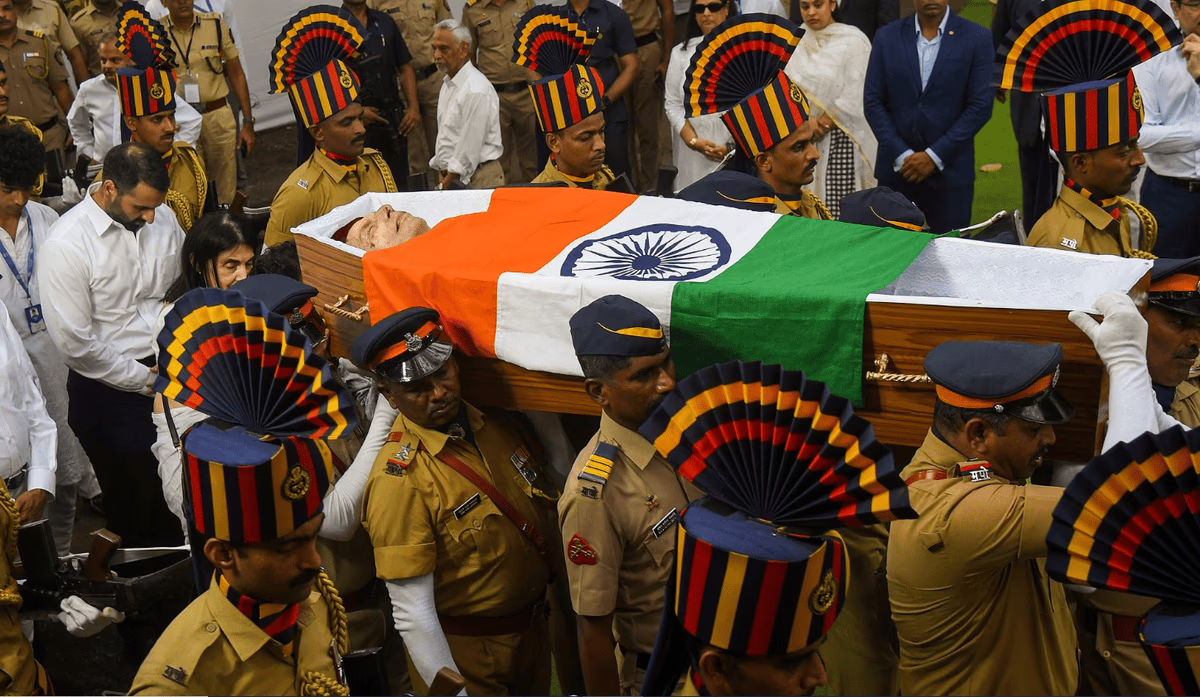
Source: aajtak
Entrepreneur for the Common Man
Tata, a unique philanthropist unlike most who leave fortunes behind, was an industrialist for the people. Despite owning businesses, he engaged with societal responsibilities. A notable 66% of Tata Group profits benefit the Tata Trust, funding initiatives for public welfare.
Leading Global Philanthropy
Ranked first by Hurun Research, the Tata Group topped global philanthropy, overshadowing national economies with patriotism-spurred campaigns. Notably, Jamsetji's seven-figure donation mirrored Ratan's substantial COVID contributions to the PM CARES Fund, underscoring wealth's purpose beyond personal gain.
Never Be Ashamed of These 4 Things
Ratan Tata urged four life aspects to never be embarrassed about.
First-
Old clothes, as they don't define talent.
Second-
Poor friends, since friendship knows no status.
Third-
Elderly parents, the reason for one's being.
Fourth-
Simplicity, given success isn't measured by appearances.
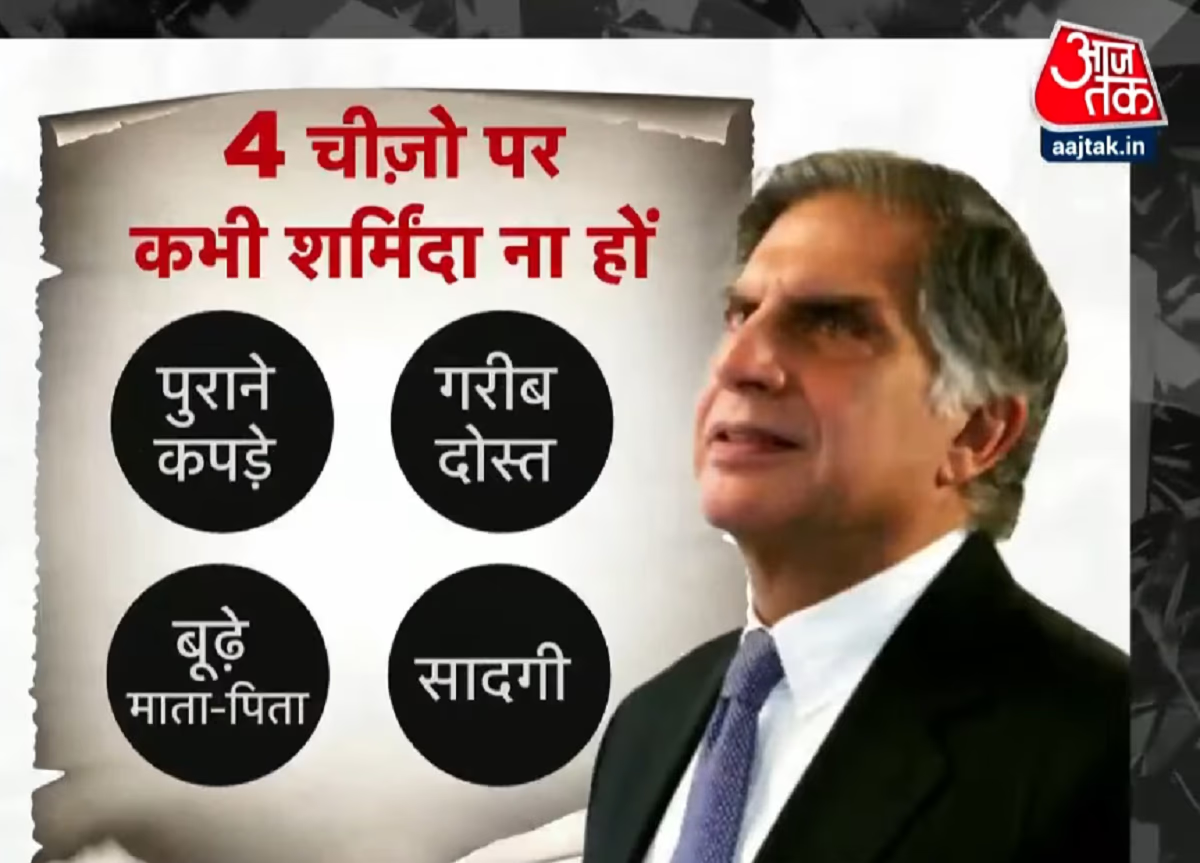
Source: aajtak
Architecture Studies in the US and Leadership at Tata
Tata graduated from Cornell University, USA, and started at Tata Industries in 1962, laboring on shop floors alongside peers. Despite his lineage from Jamsetji Tata, he lived humbly in factory housing. Tata's talent prompted JRD Tata to appoint him successor, further expanding the group imbued with patriotic messaging. Product taglines like 'The Nation's Salt' and campaigns like 'Jago Re' epitomized nationalist sentiment.
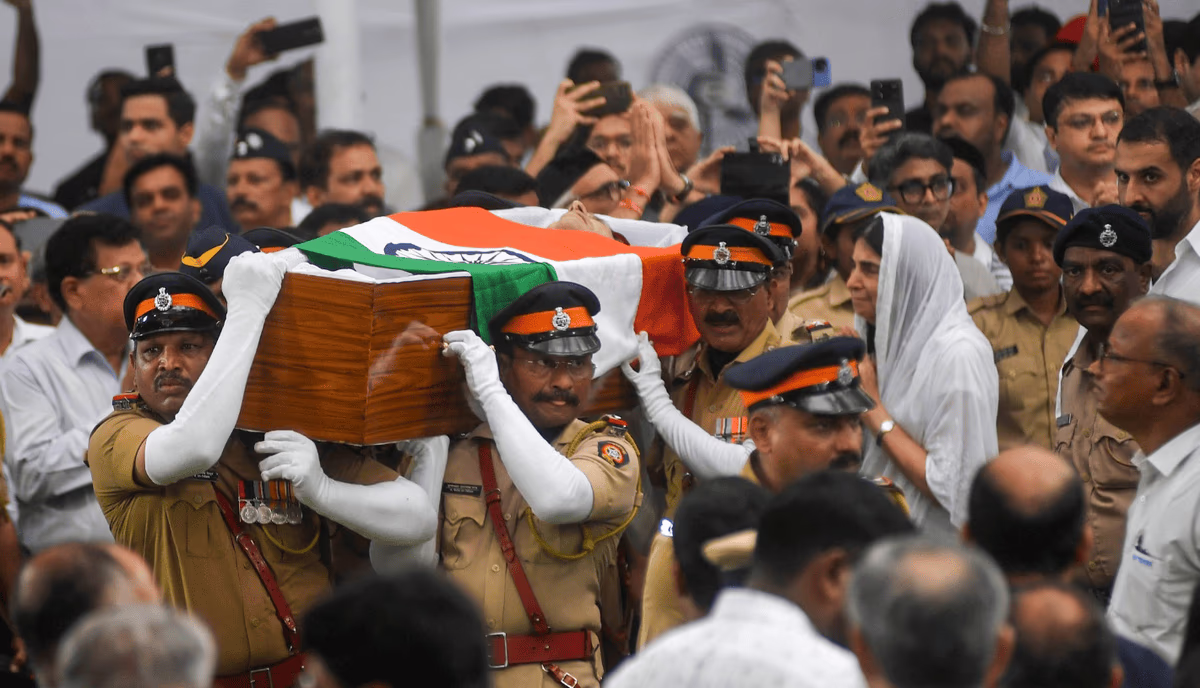
Source: aajtak
Tata Group: An Integral Part of Indian Household
Today, Tata Group permeates Indian life. From Titan watches to TCS software that supports passport creation, and Tata Steel in infrastructure, even historic icons like the Howrah Bridge feature Tata steel. Tata is synonymous with automotive giants like Range Rover and Jaguar; renowned brands like Starbucks and Zara, Croma electronics, and healthcare with TATA 1MG. Educational institutions, museums, and cancer hospitals highlight the Group's philanthropic legacy.
Educational Institutions Contributed to the Nation
Tata’s legacy includes institutions like the Indian Institute of Science, Tata Institute of Fundamental Research, Tata Institute of Social Science, and National Centre for Performing Arts. Additionally, Tata Trust's vast cancer hospitals across India treat a major fraction of cancer patients at no cost.
